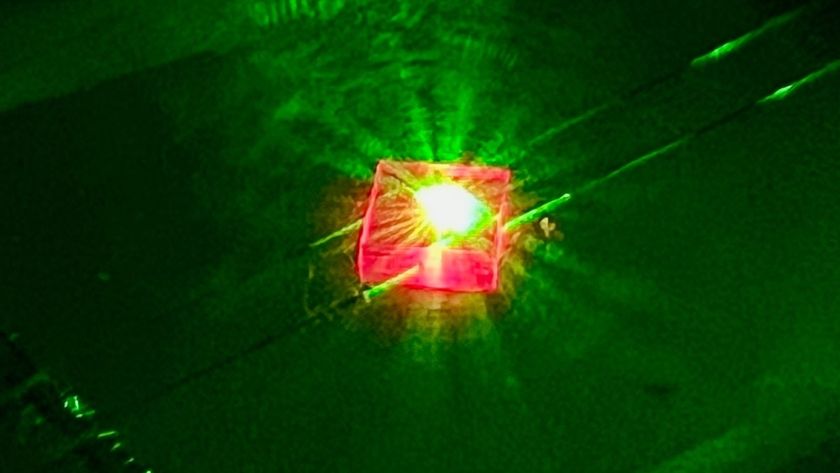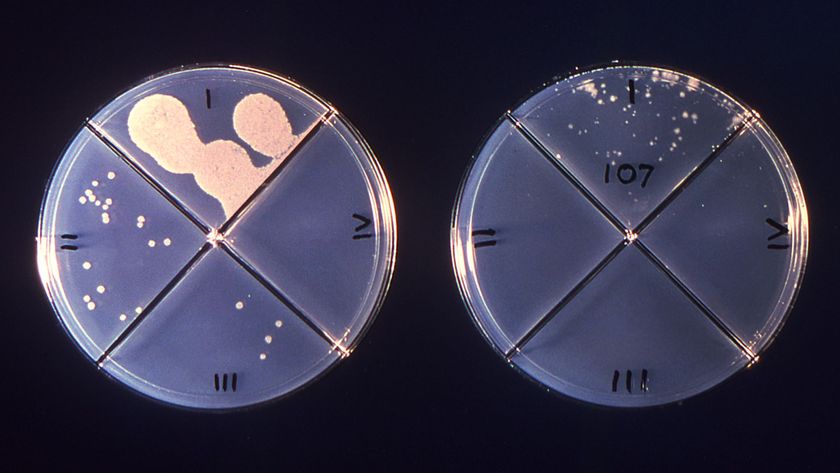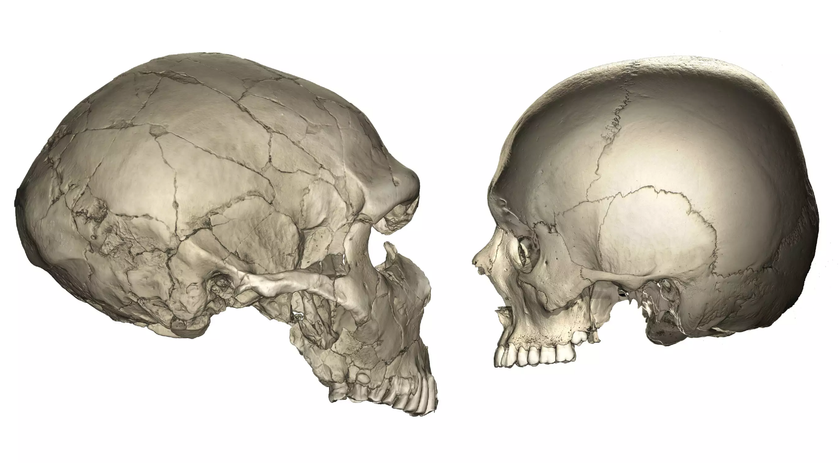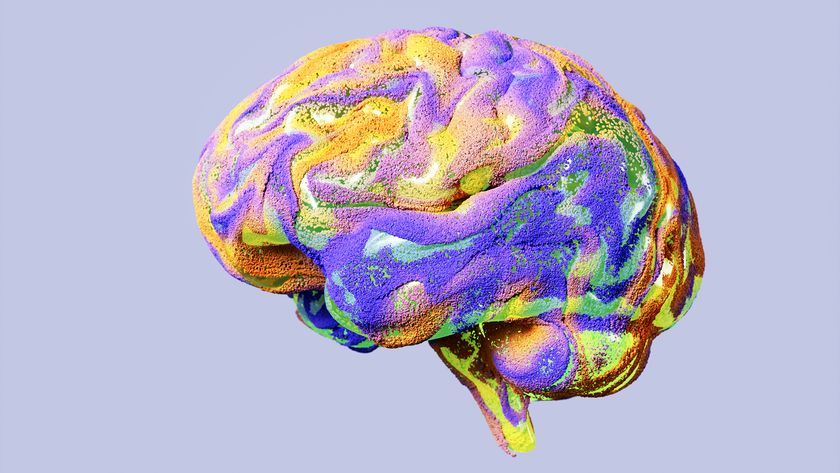Why There Can't Be a Theory of Everything
COMMENTARY
Pierre-Simon de Laplace, the 18th century French astronomer who proposed one of the early theories of the formation of the solar system, famously postulated a "Demon" who had enough information to know what would happen in any place in the universe at any time. It was the height of mechanistic and deterministic hubris in science, and it seemed that it was only a matter of time before physicists would find out everything there was to find out about the way the world works
That brand of naive hubris has been dealt several blows during the 20th century, beginning with the cautionary arguments of philosophers of science concerned with the epistemic limits to human knowledge, and continuing with scientists themselves demonstrating that nature imposes severe constraints on our ability to make predictions.
To name a few examples, relativity theory imposes limits to how fast information can be transferred (the speed of light); chaos theory tells us that the behavior of complex non-linear systems cannot be predicted after a few time steps, despite the fact that these systems are deterministic; quantum mechanics says that we cannot measure all the properties of a particle at the same time (Heisenberg's principle); and complex systems theory has established the principle of intractability, which shows that the behavior of some physical systems cannot be predicted before actual observation of such systems.
Nonetheless, many physicists still talk about a "theory of everything," a rather grandiose way to refer to a mathematical theory that unifies the fundamental forces of nature into one (hopefully simple) equation. The increasingly acrimonious debate about string theory and whether it can unify the so far disjunct theories of general relativity and quantum mechanics has been the crux of research in fundamental physics for decades now. (Amusingly, the skeptics have been very active recently, with books with openly provocative titles, like Not Even Wrong.)
Well, call off the search for a theory of everything. Physicist David Wolpert, in an article published in the prestigious Physica D (vol. 237, pp. 1257–1281, 2008), has shown that — at best — we can achieve a theory of almost everything. Wolpert's work is very technical, but its implications are spectacular. Unlike the above mentioned limits to knowledge, which come out of empirical disciplines, Wolpert used logic to prove his point, following in the steps of the famousincompleteness theorem demonstrated by Kurt Godel in 1931. (An accessible summary of Wolpert's discovery can be found in an article by P.-M. Binder in Nature, 16 October 2008.)
Basically, Wolpert — building on previous work by Alan Turing — formalized a description of "inference machines," i.e. machines capable of arriving at inferences about the world (human beings are one example of such machines). Wolpert focused on what he calls strong inference, the ability of one machine to predict the totality of conclusions arrived at by another similar machine. Wolpert then logically proved the following two conclusions: a) For every machine capable of conducting strong inferences on the totality of the laws of physics there will be a second machine that cannot be strongly inferred from the first one; b) Given any pair of such machines, they cannot be strongly inferred from each other.
Sign up for the Live Science daily newsletter now
Get the world’s most fascinating discoveries delivered straight to your inbox.
An important point to be appreciated is that Wolpert's demonstration is completely independent of the computational characteristics of the machines, as well as of the details of the particular laws of physics to be uncovered. This is a general result based on logic, not one contingent on technology or the particular kind of universe under investigation. In a bit plainer terms, this means that there are absolute, logical limits to the ability of any method for acquiring knowledge (including, obviously, human science) to produce a comprehensive theory of the world — i.e., no true theory of everything is actually possible, say bye bye to Laplace's Demon, and by implication to the idea of determinism.
Before pseudoscientists, creationists, mysticists and assorted charlatans start jumping up and down with joy and declare the end of science, however, let me add the following:
First, science still remains by far the best (one could argue the only) way to understand the world, and the fact that its power is limited by the characteristics of the human mind, those of the physical universe, and by the laws of logic is just something that we have to live with. No "alternative" approach has come even close to doing any better.
Second, it is a scientist — not a parapsychologist, a creationist or a mystic — who has demonstrated the new theorem, which both reinforces the point that alternative forms of knowledge about the world don't actually produce knowledge and that scientists, unlike practitioners of nonsense, relish the challenges posed by the world as it really is, as opposed to how we would wish it to be.
Besides, the next time you hear a pseudoscientist blabber about quantum telepathy, ask him if he knows about Wolpert's theorem — and savor the blank stare that will surely follow.
- The Most Popular Myths in Science
- The Greatest Mysteries in Science
- What is a Theory?
Massimo Pigliucci blogs for ScientificBlogging.com.












